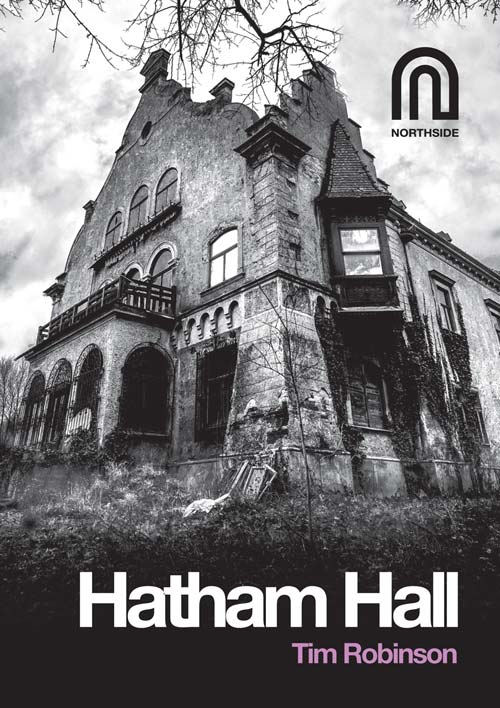Step into the world of 1886 and join the enigmatic Eleanor Hatham, a cross-dressing New Woman, as she embarks on a daring endeavour to revive her family’s corner of Cornwall devastated by the aftermath of the Repeal of the Corn Laws. In “Hatham Hall,” author Tim Robinson weaves a captivating tapestry of love, conflict, and the fight for acceptance.
When Eleanor proposes the construction of a new ferry to Ireland, her uncle Petroc Trewin vehemently opposes the influx of immigrants it will bring. Thus, Hatham Hall transforms into a battleground, with tensions running high. As chaos ensues, two outsiders, Hortense and Digby, enter the fray, further complicating matters.
Hortense, the daughter of a Caribbean slave, finds solace within the walls of Hatham Hall. However, she struggles against the subservience that is expected of her, yearning for freedom and equality. Meanwhile, Digby, posing as an English gentleman, seeks to exploit the situation, both manipulating the anti-Spanish-and-Irish sentiments of Petroc Trewin and hoping to seize the remaining wealth of the family.
As the ghosts of Hatham Hall’s dark past resurface and the locals succumb to xenophobia, the very foundation of the house threatens to crumble. Against this backdrop, the characters of the novel become embroiled in a battle for Britain’s soul, even as they grapple with their own personal demons. Eleanor, Petroc, Digby, and Hortense must confront their inner ghosts and conquer Hatham Hall to find redemption and peace.
Blending elements of satire, romance, intrigue, horror, and humour, “Hatham Hall” takes the reader on a heady romp through a neo-Victorian Gothic landscape, challenging and subverting traditional period myths.
‘I loved every moment of this fabulous and richly-detailed Hammer Horror for the new millennium. Trapped in a
crumbling Manor House, Robinson marshals a set of characters who are gloriously unpredictable, unexpected
and unstoppable – and yet also nuanced and utterly believable. A thoroughly gripping read – he leaves you no
choice but to gulp it down to the very bitter end.’
Jonathan Myerson


